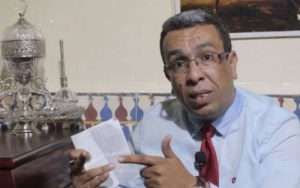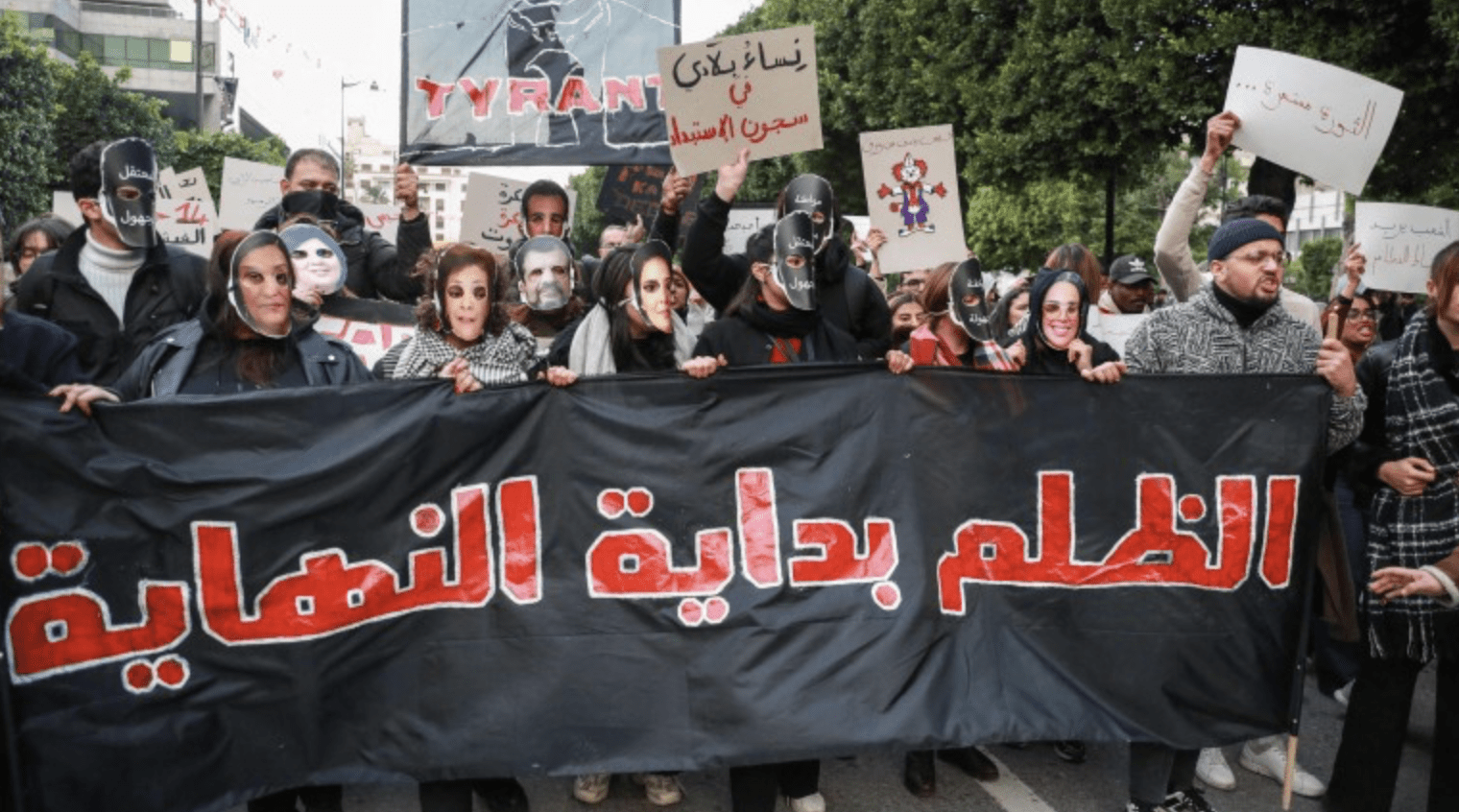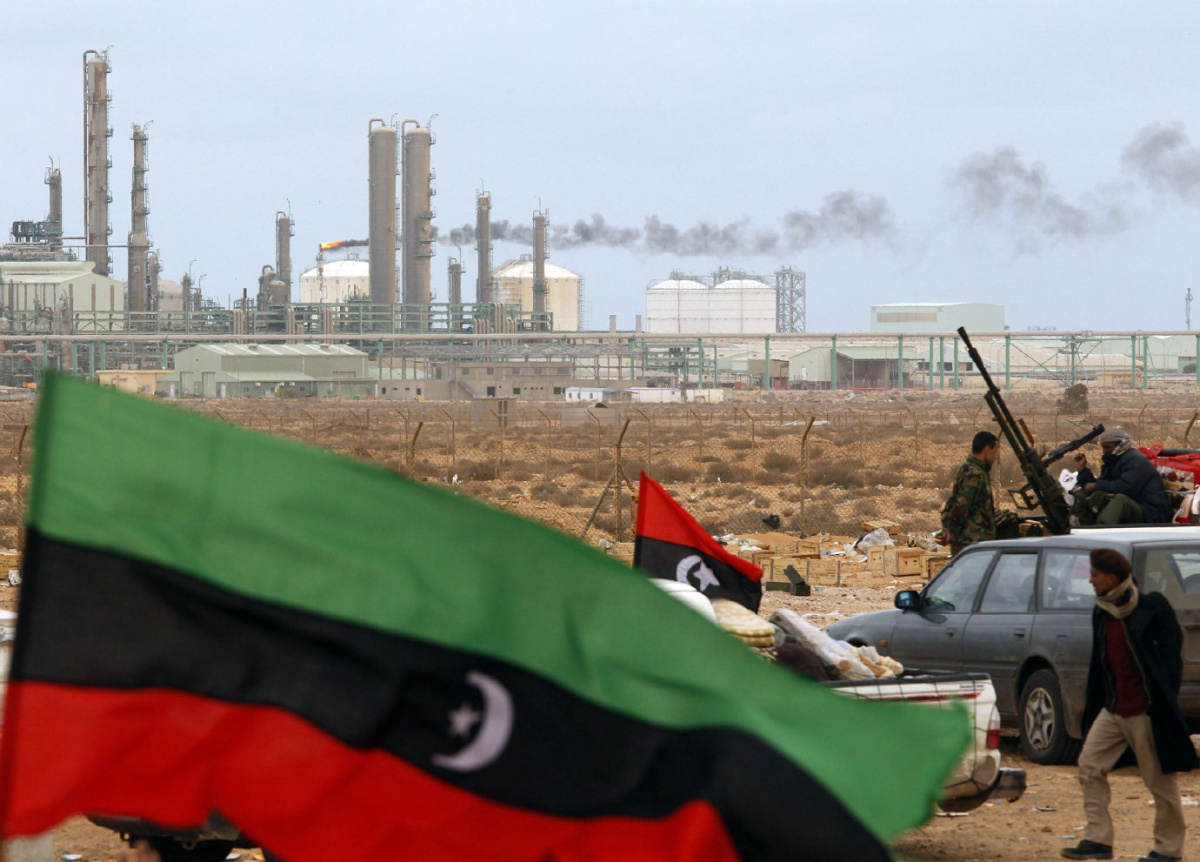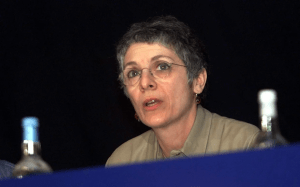MEPs whine about jailed Moroccan journalists’ rights
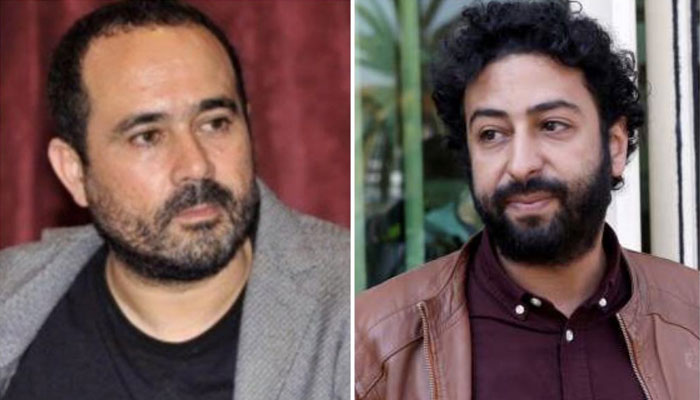
Following the revelations of graft in the European parliament, carried out by Moroccan officials and recent complaints by Morocco’s foreign minister about a new, colder treatment from MEPs, the Parliament itself is turning a new leaf with Rabat.
It’s focus now is shifting to a number of Moroccan journalists who have found themselves in jail following their acerbic reporting which has questioned or criticised the state – and who have subsequently been accused of a number of crimes, notably of a sexual nature.
On January 19th, in a non-binding text MEPs urged Morocco to “respect freedom of expression and media freedom” and to “guarantee imprisoned journalists… a fair trial”.
Two of the most prominent cases in Morocco are those of Omar Radi and Soulaimane Raissouni, both sentenced on appeal last year on dubious sexual abuse charges.
MEPs said Radi’s right to a proper defence had not been respected, saying the trial had been “unfair and biased”.
They called for an “end to harassment of journalists in the country” and condemned “the Moroccan authorities’ misuse of allegations of sexual assault as a means of deterring journalists from doing their job.”
Radi was sentenced to six years in prison for “rape” and “undermining the internal and external security of the State”, while Raissouni was sentenced to five years in prison for “sexual assault” and Taoufik Bouachrine to 15 years in prison for “trafficking in human beings”, “abuse of power for sexual purposes”, “rape and attempted rape.”
Moroccan authorities insist the judiciary is independent and that the cases against journalists have nothing to do with journalism, naturally. They also hit back at the low key vote and do not take the new narrative from the European parliament seriously.
Rabat even has some newly emerging MEPs, who, presumably are happy to take the place of Antonio Panzeri, who is believed to have taken bribes to water down the usual level of scrutiny of Morocco and its human rights abuses.
MEP Thierry Mariani, a far right MEP from France, criticised the European Parliament for taking aim at Morocco while turning a blind eye on Algeria which he said “violates human rights” and “participates in the destabilisation” of Africa.
“The European Left never condemns Algeria and the European Union passes it (Algeria) all while hoping for its gas. Instead, we’re debating Morocco, which is nevertheless one of the pivots of our strategic partnership in Africa,” Mariani told the Parliament.
“What is in this resolution? The assertion that Mr. Radi would not be a rapist. Like each of you, I don’t know. On the other hand, unlike the majority of this assembly, I do not consider that the decisions of the Moroccan justice, that the accusations of the victim of rape are worth less than the press releases of Amnesty International or Human Rights Watch,” said Mariani.
The MEP slammed human rights organisations for serving their interests and urged the Parliament to respect the Moroccan justice.
“The recent example of the practices of Fight Impunity must have alerted each of us to the credit that we systematically grant to NGOs. Like the states, they have their interests and their limits. If Mr. Radi is the victim of a conspiracy, it is up to his lawyers and the Moroccan people to demonstrate it, and it’s not up to the European Parliament to wipe its feet on Moroccan justice,” he concluded.
Mariani makes a valid point but, in reality, despite being a former French minister under Sarkozy, is not taken seriously by the parliament and its 700 members who want to take the scrutiny and opprobrium of Morocco to a new level, following the corruption scandal.
The Parliament also said it was “deeply concerned” by allegations that Moroccan authorities had bribed its members and reaffirmed its commitment to “fully investigating” corruption, allegations that Rabat vehemently denies.
Unlike when the allegations of bribery made by all of the EU press were made and Rabat made no attempt to deny them, this time Moroccan officials were quick to dismiss the vote.
An “authorised source” at the foreign ministry in Rabat, quoted by a media outlet close to the government, said the EU parliament resolution would have “no impact on Morocco… which will not be frightened or intimidated.
“This resolution fits with the aggressions and harassments sustained by the kingdom from those disturbed by Morocco’s development, prosperity and strong role in the region,” the source added.
The European Union’s top diplomat Josep Borrell earlier this month visited Morocco, where Foreign Minister Nasser Bourita said the country was facing “repeated media attacks” and vowed to “defend the partnership” with the EU.
“This partnership (with the EU) is also facing attacks in the European institutions, particularly in the (European) Parliament, through questions directed at Morocco, which are the result of calculations and a desire to harm this partnership”, said Bourita.
Want to chase the pulse of North Africa?
Subscribe to receive our FREE weekly PDF magazine




